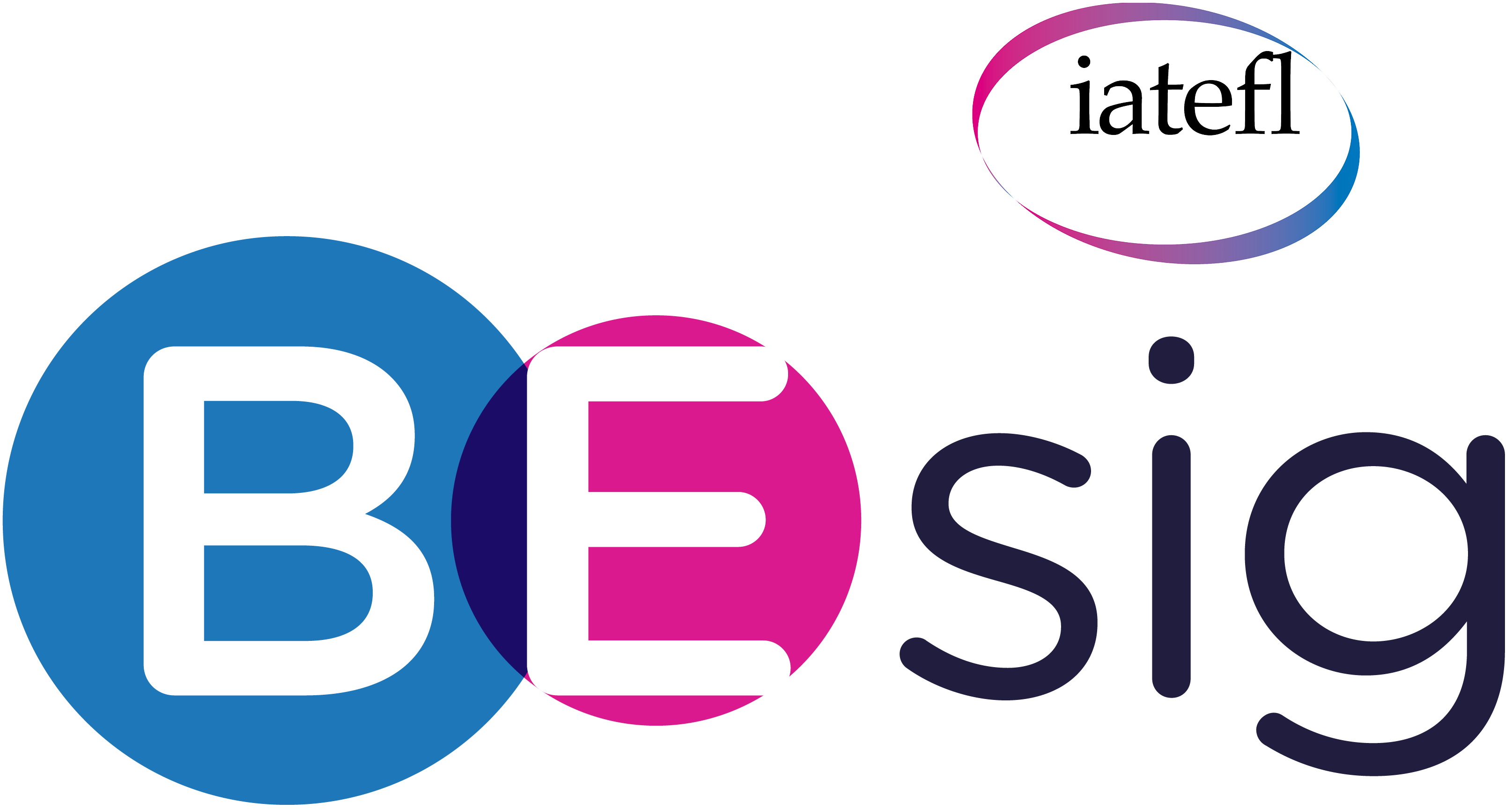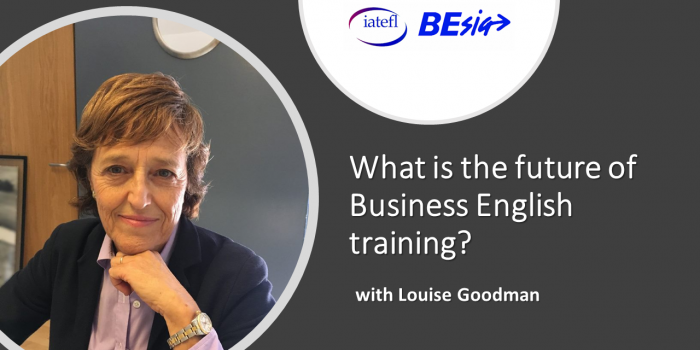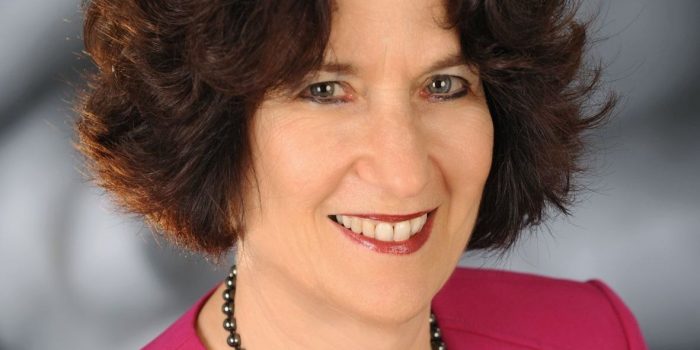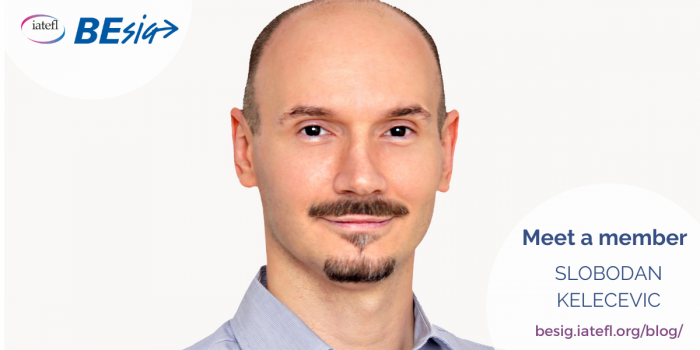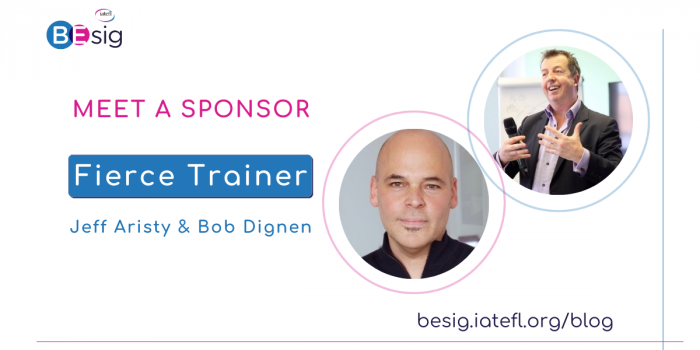
This week’s interview features IATEFL BESIG sponsor, Fierce Trainer. Find out about their recent activities and how Fierce Trainer can support teachers to transition from language trainer to soft skills trainer.
The interview was conducted with Bob Dignen.
Company Profile
About Fierce
Fierce, Inc., is a global leadership development and training company based in the USA that drives results for business and education by developing conversation as a skill. Fierce creates authentic, energizing and rewarding connections with colleagues and customers through skilled conversations that lead to successful outcomes. Fierce principles and methods translate across the globe, ensure individual and collective success, and develop skills that are practical, easy-to-learn and can be applied immediately.
What is your most memorable moment from the IATEFL BESIG 2021 conference?
For me, the highlight was this year’s special talk – a Conversation with Susan Scott. I’ve seen her speak on many different occasions but the conversation she had with the IATEFL BESIG audience was certainly one of her most inspirational – on many levels. In terms of content, Susan’s call for a more courageous and transparent mode of communication, both in professional and personal life, was compelling. “Fierce” is an interesting choice of terminology for a communication philosophy but it captures perfectly the powerful, committed and very conscious form of communication I advocate in my leadership training today. But perhaps the most impressive part of her presentation, and I guess something that struck all of us as communication trainers, was the effortless flow of focused and profound insights delivered with humility and humour – almost entirely improvised. Amazing.
Which advantages do you find in the online format?
I like the fact that the question focuses on advantages because online – whether it’s communication, team working or leadership - often has a job to do to prove itself. The concept of Zoom fatigue, so pervasive in the early days of the pandemic, is simply another reinvention of the prejudice against remote. So, obviously – I am a BIG fan of online in so many respects: convenience, two or three clicks and I was at the conference; cost, so much cheaper to access the event via Zoom than Lufthansa; and planet, significantly reduced carbon impact from an online conference.
On the other hand, I don’t like the question because I think online is not the point. Our experience of online should actually take us beyond discussions of mode or medium – it gives us the opportunity to rethink what we are doing and why we are doing it. If we really want to embrace the new ethics implied in online, to embrace sustainable purpose alongside pedagogy, the implications are profound in terms of the content we deliver and the outcomes we seek to achieve as professionals, even as an industry.
It has been widely accepted in the business English trainer community that to keep our clients we should transition to soft skills training. In your opinion, where is this trend coming from?
Well, it’s interesting to hear you say widely accepted. Firstly, I’m not sure about that. For example, many of us have, since the late 1990s, been advocating the integration of soft skills into language training and a shift to enabling people to communicate internationally. To be a little blunt, this fell on very deaf ears for over fifteen years and I would characterize the industry as a whole as now finally and slowly waking up to this notion as opposed to having widely accepted it. The greater currency given to the concept now is driven by a number of factors; firstly, our clients - both individuals and organisations - are now open to hybrid language-communication training concepts. I think clients see the reality that providing English and soft skills together kills two birds with one stone, which is smart both financially and because this is what people actually need. I think technology is another driver – increasingly we are seeing the rise of asynchronous digital solutions to language issues faced by learners which can make a language trainer redundant.
For this transition to be successful, what do you think are the top three challenges that need to be addressed?
I think the most important step is for trainers to start properly upskilling. It’s not enough to simply claim to be able to teach soft skills because we’re now competing with accredited, experienced and accomplished domestic soft skills trainers. Upskilling is also going to mean more than photocopying a Harvard Business Review article and talking about trust or influencing as a fluency exercise. Credible soft skills training requires in-depth understanding of these and many other subject areas, and the coaching and feedback skills which can bring not only support but personal challenge to classrooms to enable our clients to develop themselves. If we can overcome the anxiety of operating in more of a peer-to-peer relationship with our clients, sparring and exploring what makes sense in how they build their relationships, sharing openly and honestly how they impact us and so probably impact others, we can transform our own teaching and learning experiences into something quite magical.
What is Fierce Trainer Certification exactly?
This certification programme has been developed with Fierce Inc., a US-based company which developed the model of Fierce Conversations, and which has been delivering training in the concept for almost twenty years. I was accredited over ten years ago and saw immediately that it was ideal for Business English trainers who wanted to add depth and range to their training.
In addition to certification and accreditation, what else should trainers be doing to develop themselves?
If I reflect on my own personal development, I think it was reading a number of key books which really opened my mind and propelled me into new areas as a practitioner. So, if I have a few final words of advice, check out these titles. Simon Western’s Leadership: A Critical Text is the best book on leadership which I have read. It gives you an overview of 100 years of leadership theory and will allow you to speak with some credibility on the subject relatively quickly. I would also check out David Marquet’s Leadership is Language. It’s a book which explores brilliantly the relationship between what we say and how we lead, and can also help to cement our claim that as language experts we can legitimately step into leadership practice. Finally, I would also check out Susan Scott’s Fierce Love, her latest book. I think we need to think holistically as people developers and realise that dealing with clients we are dealing with human beings with a long and possibly complex personal history, a challenging private life and a need for insights which can bridge between their personal and professional identities effectively.
Disclaimer: Views expressed in this interview are not necessarily those of the editor, IATEFL, IATEFL BESIG or its staff or trustees.
Questions by Silke Riegler
Editing by Mandy Welfare
13 May 2022
